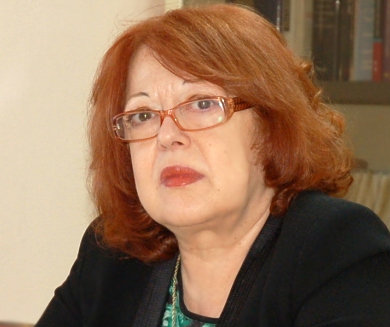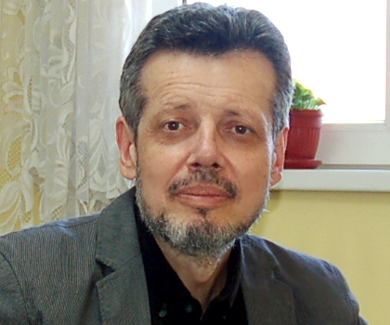Over the past week experts of the Alexandrovska Hospital and the Sv. Nikola Child Psychiatry Clinic voiced to the public results of the Development of Effective Programs for Early Diagnostics of Autism in Bulgaria Via the Implementation of International Standard Tools project. Nearly 300 children in Bulgaria receive that diagnosis each year. The recognition of the condition at an early stage and appointing the right treatment is the main goal of the healthcare ministry in that sphere. The project was implemented in two stages, where experts from Sweden had to get Bulgarian psychologists, pediatricians and psychiatrists acquainted with two tools, guaranteeing very precise diagnostics of autism. Prof. Nadya Polnareva, head of the expert team gives us more details on the problems and difficulties faced during the screening of the little patients and also on the projects’ benefits for the latter:
 “Efforts should be put into making the screening a standard procedure. Work has been done in this relation, as many psychological tools have been translated, even within the frameworks of this project. Parents should pay more and more attention to the early development of the kids, but that should also be a priority for the Family Doctors. They have to be equipped with tools which guarantee precise results, since a heavy diagnosis of that kind means enormous stress to the parents. Experience has brought us to the conclusion that family doctors should support the young parents. We are impressed by the fact that teachers at kindergartens are very well prepared and are now a key factor in making the parents look for early health assistance.”
“Efforts should be put into making the screening a standard procedure. Work has been done in this relation, as many psychological tools have been translated, even within the frameworks of this project. Parents should pay more and more attention to the early development of the kids, but that should also be a priority for the Family Doctors. They have to be equipped with tools which guarantee precise results, since a heavy diagnosis of that kind means enormous stress to the parents. Experience has brought us to the conclusion that family doctors should support the young parents. We are impressed by the fact that teachers at kindergartens are very well prepared and are now a key factor in making the parents look for early health assistance.”
 The entire diagnostic process for kids with autism is free for their parents, but can be only done within the system of a certain hospital.Associate Prof. Dimitar Terziev, head of a daytime department with the Child Psychiatry Clinic explains more about the treatment and the share, covered by the health fund:
The entire diagnostic process for kids with autism is free for their parents, but can be only done within the system of a certain hospital.Associate Prof. Dimitar Terziev, head of a daytime department with the Child Psychiatry Clinic explains more about the treatment and the share, covered by the health fund:
“The parents should provide regular visits of the children during daytime hospitalization. The tests are psychological and psychiatric ones, including lots of monitoring. The funding is covered by the Healthcare Ministry, which pays the hospital for a patient on a clinic path. This daytime hospital assistance is the only one that the parents don’t pay for. Of course, anything additional like additional therapy is paid for.”
English version: Zhivko Stanchev
In 1992, a child from Georgia packed her entire life into a small black canvas bag to escape the horror of the bombs… The war through her eyes and the most terrible memories that mark her entire life are described in the..
For the 32nd time, the Children's Easter Festival will bring together Bulgarian children from different countries in Bosilegrad, Serbia, giving them a chance not only to showcase their skills in crafting the most beautiful and original Easter eggs but..
Since its establishment on April 11, 2022, the Institute for Computer Science, Artificial Intelligence and Technology – INSAIT has achieved a number of successes and continues to position Bulgaria on the world's technological map...
Residents and visitors to Sofia will have the opportunity to learn more about Bulgarian scientists working in Antarctica and their important role in the..
The prices of Easter goods are rising The Easter meal in the Balkan countries will be more expensive this year, BTA reports...

+359 2 9336 661
